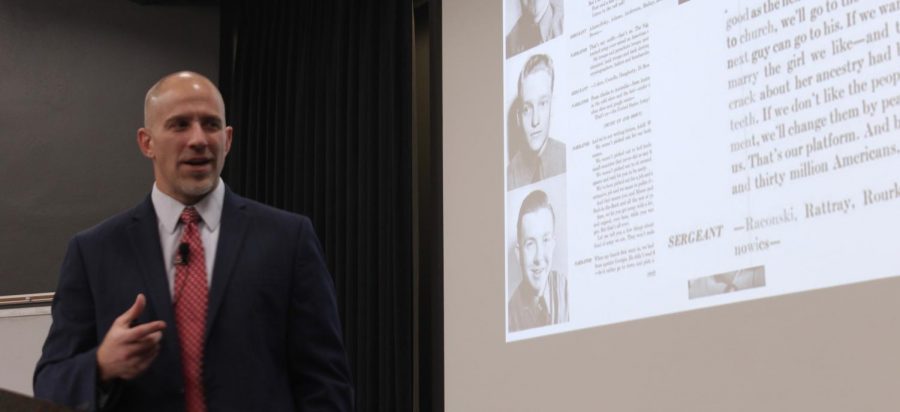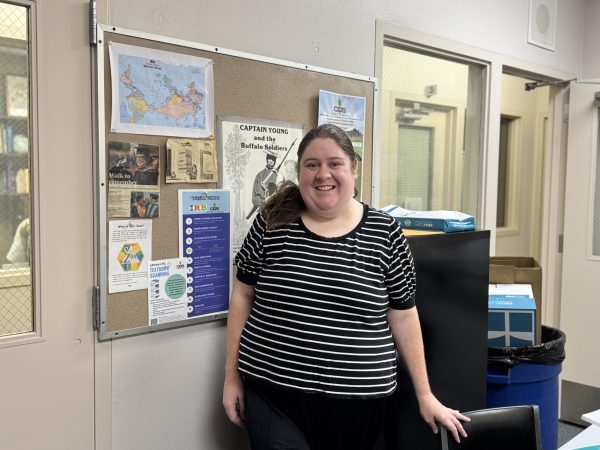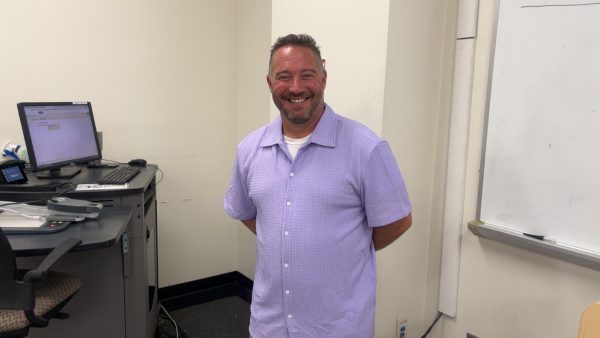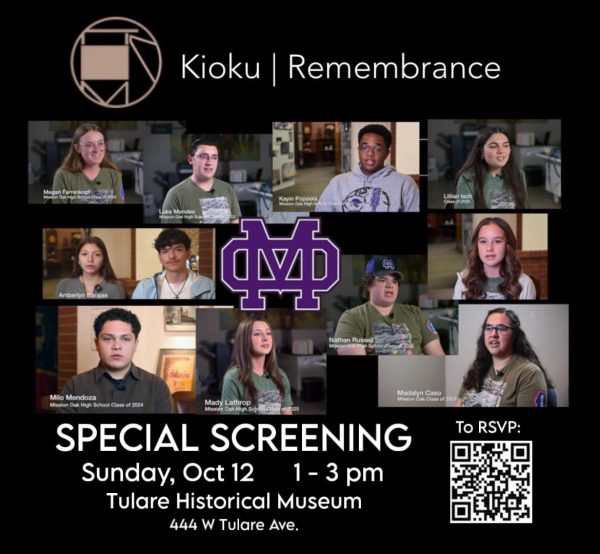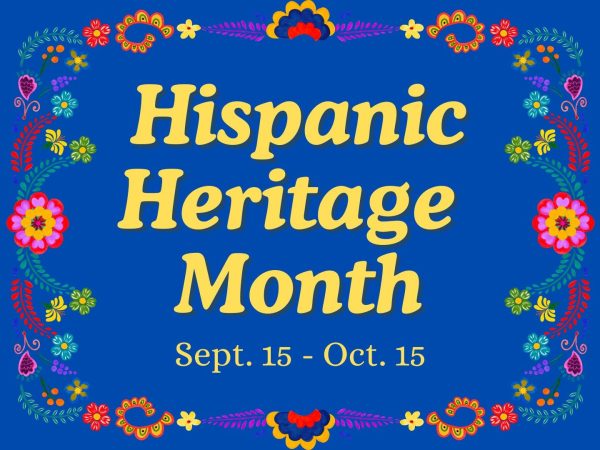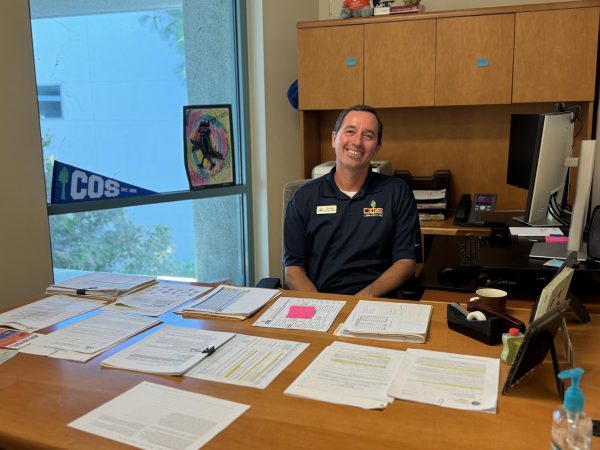“Why Does America Fight In Wars?” Tom Bruscino Closes C.H.A.P Events In Spring 2019
Why does America fight in wars?
That was the question Tom Bruscino answered last week in the Cultural and Historical Awareness Program’s (C.H.A.P.) latest event.
Bruscino, professor at The Army War College in Carlisle Pennsylvania. and author of the U.S. Military Doctrine, discussed how and why America fights, what our country’s principles are, and explored three examples of how the U.S. fights wars.
Bruscino told the story about how Frederick Funston, an army general in the Philippines during the Spanish American War, planned to capture a Filipino leader by disguising his ethnic soldiers as Filipino reinforcements and himself as a prisoner. The plan was a success and was a testament to Funston’s luck and to the integrated units in the U.S. Army.
“Countries will keep their ethnic armies separate,” Bruscino said. “But the U.S. will mix soldiers together to create a better bond.”
Briscino describes U.S. Military intervention strategy as conquer and impose freedom. Essentially the country forces people to become free. He uses the example of U.S. intervention in Iraq.
“Oil is a good reason to go to war,” Bruscino said. “However, if we were just in Iraq for oil, we did a lousy job.”
Bruscino says that the war with Iraq specifically happened to overthrow an oppressive regime. He then talked about how the war is one many examples of truth being confused with false facts and bias. Another is the idea of slavery in the U.S.
Bruscino calls attention to the fact that the Constitution never calls slaves or people property nor acknowledges slavery until the 13th amendment when it was outlawed after fighting a war to end it. As Bruscino puts it,
“We cannot do better than ‘All men are created equal’”
Bruscino closed his talk by bringing all of his examples together to show the U.S.’s principles of justice, fairness, and freedom.
“The story’s not perfect but that’s not what’s interesting,” Bruscino said. “What’s interesting is how consistent the story is.”
Brucino’s talk was given to a packed house with many interested people attending. People like 50-year-old Maziar Ebraki, a history major, who learned more than he by attending.
“I learned more about how [the U.S.] is an idealistic nation and doesn’t just war for oil.” Ebraki said. “There are a lot of other factors that go into it.”
COS history professor Stephen Tootle, who has been using Bruscino’s book for book reviews in his class for years, was very happy to help his friend give the talk.
“[Bruscino] emphasizes the things that bring our nation together,” Tootle said, “And in a nation divided we really need to turn to historians like Bruscino to find what brings us together.”
Thomas Bruscino’s books are available on Amazon.

